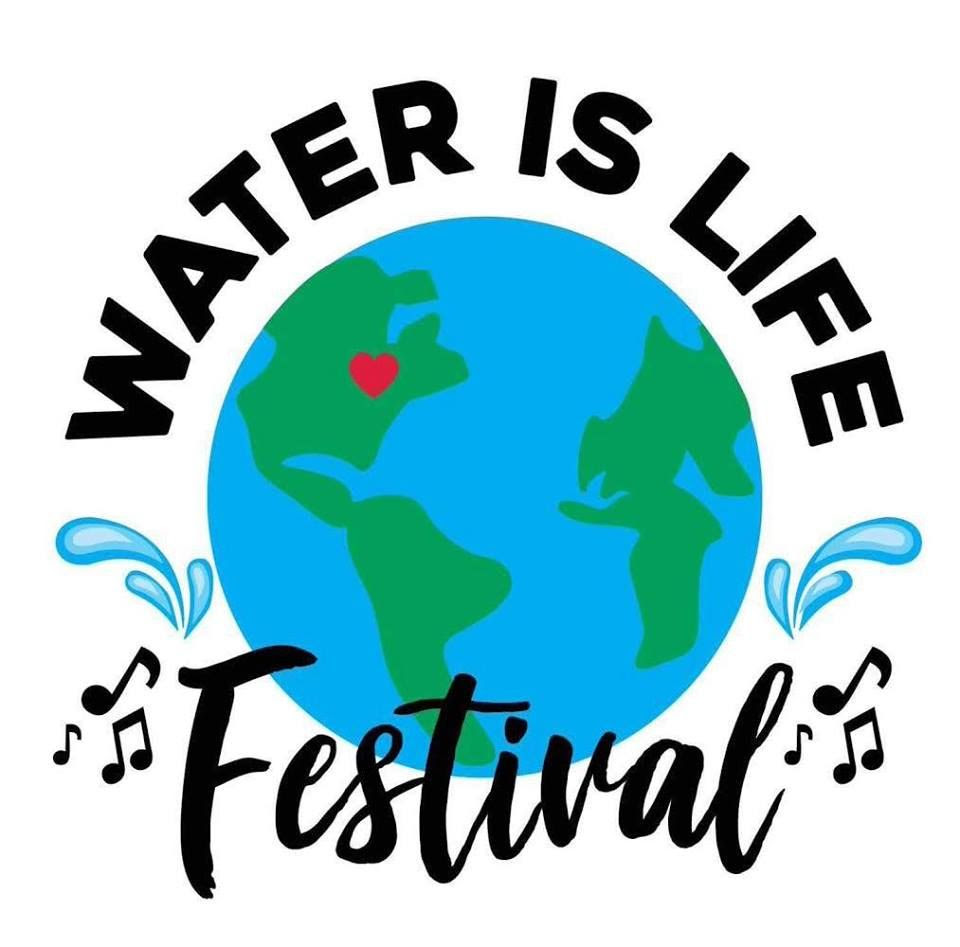Debt Relief Helps Keep Water Flowing
Jeff Whitelow has been known for his profound ability to walk in the shoes of those in the most vulnerable communities and help bring vital information to those who need it most, in language they best understand. Taking a vow of poverty to personally assess the life of those most vulnerable in Chicago, enabled him to identify that water shutoffs from unaffordable rates and lead exposure are serious problems.
Through the Chicago Water Council, Jeff has championed the search for residents eligible for the new drinking water Utility Billing Relief (UBR) program in Southside Chicago neighborhoods and assisting them in enrolling into the program that forgives 100% of residents debts after one year of consistent payment.
The Chicago Water Council has been working diligently to promote the awareness of the UBR program, boots are on the ground identifying residents, qualifying them according to the UBR criteria, and lastly, assisting them in becoming a UBR member of the program. To date the Chicago Water Council has identified over 50 residents eligible for the program and helped enroll 20 residents while establishing partnerships with food pantries to meet our targeted members in generous volumes. Work is underway to reach out to other nearby neighborhoods, in the Southside of Chicago to further aid those in need and ensure public health for all Chicagoans.
Freshwater Future honored Jeff Whitelow for his commitment with a Freshwater Hero Award, read more here or listen to Jeff accept his award.
Author: Brandon Tyus, Community Programming & Policy Associate
Blog – Freshwater Future
https://freshwaterfuture.org/uncategorized/debt-relief-helps-keep-water-flowing/

 It takes energy, commitment, and stamina to be a leader of community based and grassroots organizations and this is additionally challenging during COVID-19. For over 25 years, Freshwater Future, through our consulting services, has helped leaders to run their organizations. This year we are conducting a special program to help our partners with self-care and nonprofit management including bookkeeping, financing, communications and so much more. Many organizations have indicated that the support from FWF is paramount during these challenging times in our nation’s history. Here are the testimonies of some of our partners
It takes energy, commitment, and stamina to be a leader of community based and grassroots organizations and this is additionally challenging during COVID-19. For over 25 years, Freshwater Future, through our consulting services, has helped leaders to run their organizations. This year we are conducting a special program to help our partners with self-care and nonprofit management including bookkeeping, financing, communications and so much more. Many organizations have indicated that the support from FWF is paramount during these challenging times in our nation’s history. Here are the testimonies of some of our partners

 There are an estimated 6.1 to 9.3 million lead service lines – pipes carrying drinking water – across the country.
There are an estimated 6.1 to 9.3 million lead service lines – pipes carrying drinking water – across the country.  Protecting our children and family from lead based products go back as far as we can remember. In 1978, the use of lead based paint was banned inside buildings. During those times, great harm was discovered when the paint began to crack and chip, due to the bumping and rubbing against walls and window sills. Breaking down into dust and contaminating the air with microscopic particles unseen to the eye and inhaled, thus elevating blood lead levels and risk of lead poisoning. Air quality within the family’s home once compromised has been corrected and readjusted for a safer and healthier home by using water-based paint. Be that as it may, lead continues to persist as an everyday challenge for people within their home, if it is not the air being compromised, it’s their drinking water.
Protecting our children and family from lead based products go back as far as we can remember. In 1978, the use of lead based paint was banned inside buildings. During those times, great harm was discovered when the paint began to crack and chip, due to the bumping and rubbing against walls and window sills. Breaking down into dust and contaminating the air with microscopic particles unseen to the eye and inhaled, thus elevating blood lead levels and risk of lead poisoning. Air quality within the family’s home once compromised has been corrected and readjusted for a safer and healthier home by using water-based paint. Be that as it may, lead continues to persist as an everyday challenge for people within their home, if it is not the air being compromised, it’s their drinking water.



 Crystal M.C. Davis, Alliance for the Great Lakes, Director for Policy and Strategic Engagement
Crystal M.C. Davis, Alliance for the Great Lakes, Director for Policy and Strategic Engagement


